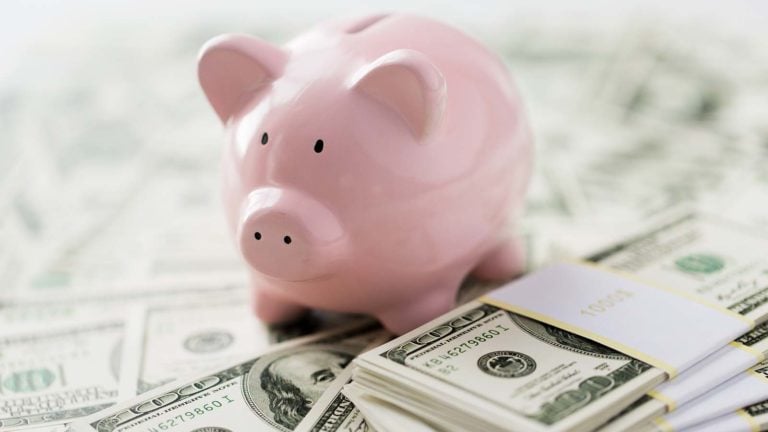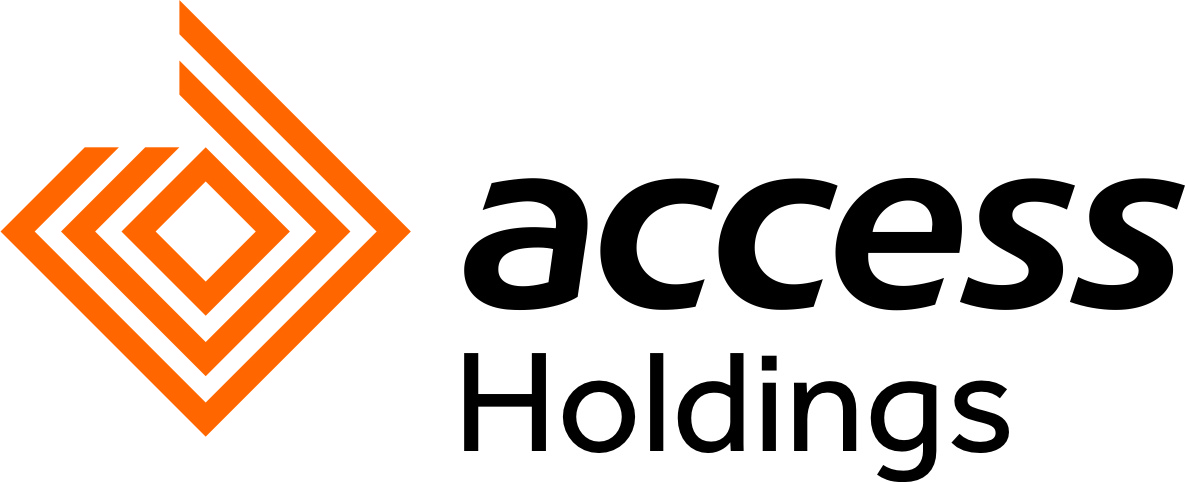
Hello, Reader. Halloween is just a few days away, so I have one question to ask..
. Trick..
. or treat? Trick: Stock valuations in the United States today are close to record highs, and highly valued stocks tend to produce poor returns. Treat: Cash can become a superpower when stock prices are falling.
So, I recommend raising cash, here and there, when valuations are lofty as they are today. Now, I’m not suggesting a complete portfolio liquidation or anything like that. I am merely suggesting that you raise cash opportunistically by selling into strength or trimming positions.
.. because the only way to have cash available when stocks prices are low is to raise cash when prices are high.
Perhaps no investor’s career demonstrated the awe-inspiring power of cash – and patience – better than Jean-Marie Eveillard’s. During the late 1990s, Eveillard was running the SoGen International Fund (now called the First Eagle Global Fund). He had been a supremely successful investor with an enviable track record.
But as stocks soared ever higher during the dot-com bubble of the late 1990s, the SoGen fund lagged far behind. From the beginning of 1997 to the end of 1999, the S&P 500 more than doubled while the SoGen fund advanced just 29%. A large allocation to cash and precious metals weighed down results.
Some folks started to wonder if Eveillard had lost his touch. Many of his shareholders scorned his “excessive prudence” and started withdrawing from his fund. But Eveillard was resolute.
While many investors were piling up cocktail-party tales of investment success, Eveillard was piling up cash. At the peak of the dot-com bubble, he defiantly remarked, “I’d rather lose half our shareholders than half our shareholders’ money.” And that’s exactly what happened: Disgruntled investors withdrew from his fund, and Eveillard lost half his shareholders.
But when the tech bust finally, and inevitably, rolled around, he did not lose half his shareholders’ money. It wasn’t easy going for Eveillard at the time. For three long years, it looked like his illustrious career might end in disgrace.
His fund nearly closed down. But as it turned out, Eveillard’s prudence was, in fact, prudent. In the 10 years from March 31, 2000, to March 31, 2010, the S&P 500 Index produced a negative total return.
Over the same time frame, Eveillard’s SoGen International Fund more than tripled! Instead of spending a decade recovering from severe losses, Eveillard was able to pile up fresh gains. As his gutsy move demonstrates, cash is not just the starting point of an investment. It is an investment in its own right.
To understand this concept, we must flip the typical view of investing on its head. Instead of looking at stocks as a certain quantity of dollars, let’s look at dollars as a certain quantity of stocks. If I have a $100 bill and I wish to buy a $5 stock we’ll call “Stock X,” that bill is worth 20 shares of Stock X (i.
e., $100 divided by $5). If that stock then doubles to $10, $100 of cash loses half its value, stock-wise.
It is now worth just 10 shares of that stock. And if Stock X were to soar all the way to $100, that $100 bill would be worth just one share. In other words, its value, measured in shares of Stock X, would have tumbled by 95% – from 20 shares’ worth to one share’s worth.
But the opposite is also true – and that is the key message about cash. When stocks are falling in value, a $100 bill is gaining in value relative to stocks. For example, if Stock X falls from $100 a share to $50 a share, the value of a $100 bill doubles.
So, cash isn’t simply an inert unit of measure. It is a unique asset whose value increases when the prices of other assets are falling. Nothing beats cash.
It is the one and only vaccine against capital loss. Like vaccines, it provides no visible therapeutic benefit. It simply repels harm and preserves your financial health.
Cash enables your portfolio to nourish itself on great investment opportunities, whenever they present themselves. Now, let’s look at what we covered here at Smart Money this past week..
. this past week..
. Smart Money Roundup Don’t Let This Post-Election Market Shock Blindside You As Election Day approaches, the stakes are growing. The opposing parties don’t just see each other as the wrong choice for the country, but an existential risk to what it means to be an American.
In Wednesday’s Smart Money , Louis Navellier breaks down how the election chaos could rattle the stock market – and at how investors can profit from the turmoil. Election 2024: Chaos Is Coming..
. Here’s How to Guard Against It Regardless of who wins this contentious election, what comes next is really worrying: the problems of deficit spending and unbridled artificial intelligence. Neither party differs much on tax cuts, and both remain silent on AI regulation and job protection.
Thomas Yeung discusses this uncertain future and shows you how to prepare while there’s still time. For the Post-Election Chaos, Arm Yourself With Gold – and This Tool A shadow of uncertainty looms over both our country and our portfolios, but gold remains the one asset that can ease your mind and stabilize your wealth. In Saturday’s Smart Money , Eric explains the historical relationship between volatility and gold, and shares a powerful trading system able to turn market turbulence into opportunity.
Election Fears Are Moving the Market – and More Chaos Is Coming...
Last December, Louis Navellier predicted President Joe Biden would drop out of the presidential race and be replaced by a left-wing California Democrat. Now, he is predicting market chaos in the wake of Election Day. No matter who takes office, our national spending problem isn’t going away – and Louis is here to show investors the best strategy to navigate these uncertain times.
Looking Forward Stay tuned for your next Smart Money update, where we will continue to look for opportunities in AI and all the other trends we’re following. Meanwhile, we are getting ever closer to Election Day. As my colleague Louis Navellier says, the Age of Chaos is about to enter warp speed in America.
Fortunately, there’s still some time – and a way – to get ahead of the chaos. At his special “ Day-After Summit ” presentation tomorrow at 7 p.m.
Eastern , Louis will reveal a powerful system designed to not just survive post-election volatility, but profit from it. The trades that the system has flagged have beaten the S&P 500 by 6-to-1 in back-tests going back to 1990. And of the 19 open trades in the core portfolio where this system is now in use, 18 are winners.
Louis says that, with this system, “you’ll not only have the rare chance to triple your money or more in a matter of weeks...
but also avoid the massive losses that will be triggered by the market reaction we see coming.” Louis is showing folks how to turn volatility into profits by using this system at his “Day-After Summit” tomorrow evening . He’ll even be giving away a post-election trade for free.
He tells me it’s designed to pay off no matter who wins the election. Click here to reserve your spot. Regards, Eric Fry, Smart Money.














